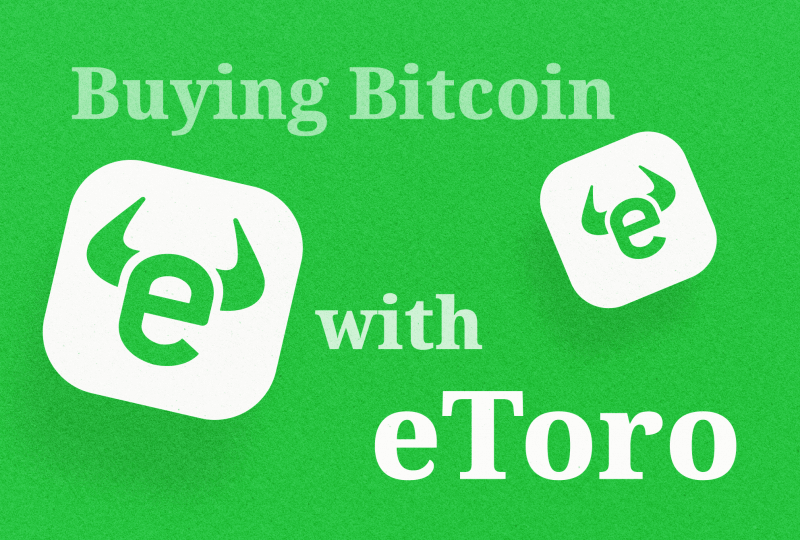What is the Liquidity Lockup Time in Crypto?
Aug 17, 2022

Among the most important aspects of cryptocurrency is the concept of liquidity. It is generally accepted that a liquid asset is one that is easily exchangeable for cash and that does not affect its market value in the process. Among all liquid investments, cash is the most liquid, and in the crypto world, the most liquid currency is Bitcoin.
There are different ways of maintaining the high liquidity of assets in cryptocurrency exchanges. These ways depend on what type of exchange we are talking about: centralized or decentralized. To maintain decentralization while maintaining liquidity, startups in decentralized finances (DeFi) use crypto liquidity pools.
Token lockup time plays a major role in supporting the liquidity of new crypto projects. With this instrument, startup developers can not fear that the price of their newly issued tokens will collapse due to liquidity problems.
However, to understand the topic thoroughly, let’s first discuss how liquidity works in the crypto industry.
How does liquidity work in crypto?
On centralized exchanges (CEXes)
CEX is an exchange where trades and assets are handled through a middleman. Liquidity in these exchanges is determined by the number of buy and sell orders in the book of a given token, just as it is on traditional exchanges.
Like a traditional trading venue, a CEX needs someone who will ensure liquidity by putting orders in the order book. This role is usually played by institutional crypto liquidity providers, also known as market makers. These are third-party companies or high-volume investors who provide necessary quotes for bid and ask prices on trading platforms. It is very common for these companies to trade across multiple platforms simultaneously so that they can source liquidity at one platform and execute trades at another, often at the same time.
Additionally, some exchange platforms are turning to crypto CFD liquidity providers to offer traders the opportunity to trade with crypto CFD liquidity. There are many different companies that offer such services, so crypto exchange owners need to choose wisely.
On decentralized exchanges (DEXes) and in DeFi
On a DEX, users hold their tokens and provide liquidity themselves, without third-party intervention. They do so by contributing tokens to liquidity pools and getting the rewards in exchange for maintaining liquidity.
A liquidity pool is a collection of funds locked in a smart contract. Automatic market makers (AMMs) play the most important role in liquidity pools. AMM is a kind of decentralized exchange protocol that uses mathematical formulas to determine asset prices.
Users who deposit their tokens (usually two different tokens of the same value) to liquidity pools become liquidity providers. Their deposited funds are locked in these pools and cannot be withdrawn for a certain period of time. Liquidity providers receive LP tokens as a reward for their services, which can be traded on a marketplace.
What is a Token Lockup time?

In cryptocurrency projects, a Token Lockup is a period of time after a token sale when token holders are prohibited from selling their assets. In the early stages of a startup’s development, a lockup period keeps liquidity concerns at bay.
The lockup period is sometimes also referred to as the vesting period. It plays a crucial role in preserving a project’s token price, especially after a token sale event in which the price of the token usually decreases.
A cryptocurrency is usually locked in for a period of one or two years after its launch. For instance, if a startup decides to create its own cryptocurrency and sell it through an Initial Coin Offering (ICO), it might define a lockup period for the team of two years, which means that each member of the team will not be allowed to access the tokens before the two-year period expires.
Locked-up tokens do not exist in an active market; as a result, they are not taken into account when estimating the circulating cryptocurrency supply.
Why should liquidity be locked?

Token lockup aims to solve several DeFi-related problems: protecting investors from fraudulent projects and creating a way for project developers to prevent their tokens from fast selloffs and price declines.
1. Rug pulls
Whenever the token development community has access to liquidity, they are able to engage in what has become infamously known as “rug pulling.” Due to an increasing number of rug pulls and cryptocurrency scams in the DeFi market, investors are urging developers to lock liquidity.
How do rug pulls happen? With investors starting to purchase tokens on the exchange, the liquidity pool will accumulate more and more coins. This is because investors send their coins to the exchange so that they can receive the LP tokens. If liquidity isn’t locked, developers are able to withdraw this liquidity from the exchange, cash out the whole value, and run away with it.
To prevent this from happening and gain community trust in a project, developers lock LP tokens in smart contracts for a certain period of time. When owners of the project don’t have access to LP tokens, they can’t exchange these tokens on deposited liquidity pool coins. Therefore, investors can rest assured their funds are safe.
2. Liquidity Issues
In the aftermath of Initial Coin Offerings (ICOs), investors (or even a startup’s team) tend to sell off their holdings right after the cryptocurrency hits the market, causing the price of the new token to plummet drastically. Lockups prevent this from happening, which gives potential participants of token sales an extra level of confidence. Also, token lockup time encourages developers to focus on the product rather than gain immediate profit from sell-offs.
In conclusion
Liquidity is one of the most important aspects of a cryptocurrency. In the absence of liquidity, an exchange of coins would be nearly impossible.
The token lockup period is one measure to preserve the liquidity of new tokens. Using smart contracts, developers deposit a certain amount of tokens in a cold wallet, locking them for a set period of time. As a result, this motivates the team and the project itself to focus more on long-term development rather than the short-term price of the coin.
Therefore, token lockup is a useful tool and reliable protection from unscrupulous developers and fraudulent projects. This measure prevents the prices of newly issued tokens from declining drastically in one night and boosts the project’s credibility among the public.
Wondering how these solutions can boost your business?
Leave a request, and let our experienced team guide you towards unparalleled success and growth.




